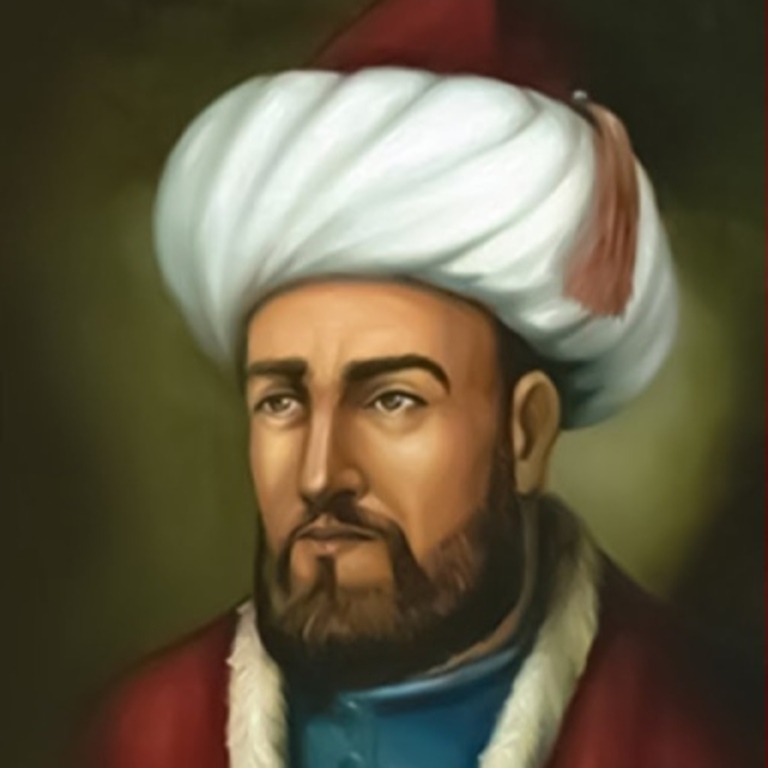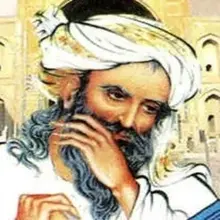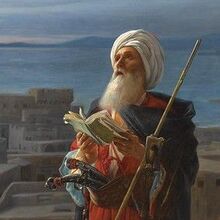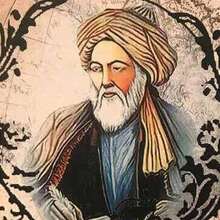
Personal
Other names:
Algazel, Hujjat al-Islam, Zayn al-Din
الغزالي، حجة الإسلام، زين الدين
Job / Known for:
Theologian, jurist, philosopher, Sufi master
Left traces:
The Revival of the Religious Sciences
Born
Date:
1058
Location:
IR
Tus, Khorasan, Iran
Died
Date:
1111-12-19 (aged 53)
Resting place:
IR
Death Cause:
Family
Spouse:
Children:
Parent(s):
Muhammad ibn Muhammad al-Ghazali and his wife.
QR Code:
 My QR code:
Abu Hamid Muhammad al-Ghazali
https://DearGone.com/10194
My QR code:
Abu Hamid Muhammad al-Ghazali
https://DearGone.com/10194
Key Ownner:
Not yet supported by key owner
Show More
Rank
Users ranking to :
Thanks, you rate star
Ranking
5.0
1
Fullname
Abu Hamid Muhammad al-Ghazali
Fullname NoEnglish
أبو حامد محمد الغزالي
Slogan
Knowledge without action is wastefulness and action without knowledge is foolishness.
About me / Bio:
Show More
Article for Abu Hamid Muhammad al-Ghazali
Died profile like Abu Hamid Muhammad al-Ghazali
Comments:





